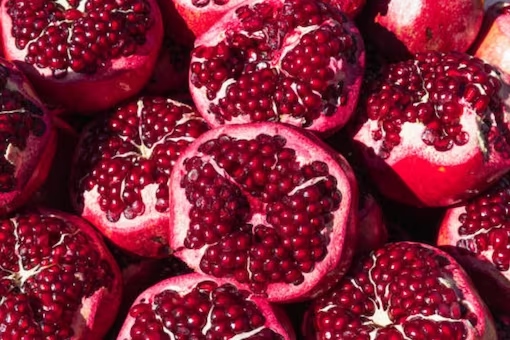Winter has arrived, and with it come lazy days when you just want to stay in bed. This time of the year sniffles, coughs, and colds are common. Not only that but in the winter, bones and joints experience aches and pains. It may be difficult to focus on a weight loss plan in such a situation. However, you can modify your diet and include some winter fruits in your daily routine to lose weight and maintain a high level of energy.
You can stay full and energised by including the right foods in your diet. A tasty and healthful way to get the necessary fibre, vitamins and minerals into your diet is through fruit consumption.
From oranges to custard apples, here are some winter fruits for weight loss and digestion:
- Oranges: Oranges are an excellent source of vitamin C and are ideal to include in a power detox regimen that also aids in weight loss. The fruit is high in fibre, potassium, and minerals while being low in calories. Its high fibre content aids digestion and keeps you fuller for longer.
- Pomegranate: Pomegranates are high in antioxidants, minerals, and fibre and low in calories. This tasty fruit is a great option for a pre- or post-workout snack. Triglycerides, a form of fat, are reduced by the fruit.
- Apples: Apples are versatile fruits that are high in fibre and can help with digestion and feeling full. They are a great snack option for people watching their weight because of their inherent sweetness, which satisfies cravings. For a filling snack, mix them into your salad, put them in a fruit smoothie, or eat them with peanut butter.
- Kiwi: Kiwi is a nutrient-dense food that is low in calories and high in vitamin C, vitamin K, and dietary fibre. Its vivid green flesh gives salads and snacks a flavour boost without sacrificing nutritional value.
- Guava: Guavas’ high protein and fibre content helps to maintain satiety and discourage overeating. Ripe guavas with minimal sugar content are great fruits to help reduce weight.
- Custard Apple: Custard apples are a widely recognised and superior dietary source of vitamins and minerals, which are necessary for several biological functions. In addition to vitamins A and C, it has notable concentrations of iron, potassium, magnesium, and copper. Constipation, which is common in the winter when digestion slows down, can be relieved with the help of the fibre in this dish.


